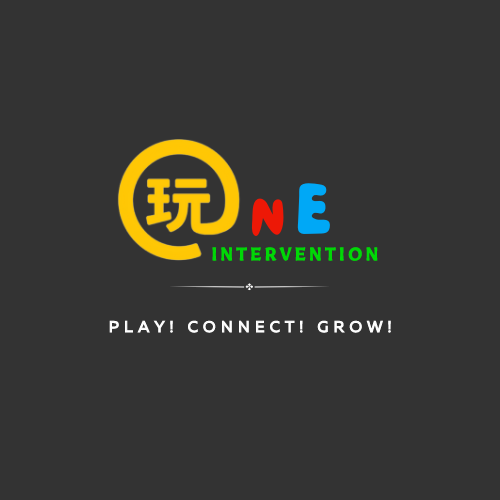1. Content Planning: Video content creators start by brainstorming and conceptualizing ideas for videos. They conduct research on trending topics, audience preferences, and the goals of the organization or brand they are working for. They develop video concepts, storyboards, and scripts to guide the production process.
2. Video Production: Once the concept is finalized, video content creators manage the production process. This involves tasks such as setting up equipment, organizing shooting locations, arranging lighting and sound, directing talent or on-screen presenters, and capturing high-quality footage.
3. Video Editing: After the filming is complete, video content creators edit the footage using video editing software. They cut and arrange clips, add transitions, incorporate graphics or animations, adjust colors and audio levels, and ensure a cohesive and visually appealing final product. They may also add music or sound effects to enhance the video.
4. Scriptwriting and Voiceover: In some cases, video content creators are responsible for scriptwriting, where they write engaging and concise scripts that convey the desired message effectively. They may also perform voiceovers for narration or hire voiceover artists to add a professional touch to the videos.
5. Branding and Visual Consistency for Business Development : Video content creators maintain brand consistency by aligning the video content with the organization's brand guidelines. They ensure that the videos reflect the brand's tone, style, and messaging. This includes incorporating logos, using appropriate fonts and colors, and adhering to brand identity throughout the videos.
6. Optimization for Platforms: Video content creators understand the requirements and specifications of different platforms where the videos will be published. They optimize the videos for specific platforms, ensuring they meet the recommended formats, dimensions, and quality standards. They may also add captions or subtitles to make the videos accessible and engaging to a wider audience.
7. Collaboration and Project Management: Video content creators often work collaboratively with a team that may include writers, designers, videographers, and marketers. They coordinate the project, manage timelines, communicate with stakeholders, and ensure the smooth execution of the video production process.
8. Analytics and Performance Tracking: Video content creators monitor the performance of their videos by analyzing metrics such as views, engagement, watch time, and audience feedback. They use analytics tools and insights to assess the effectiveness of the videos and make data-driven decisions for future content creation.
9. Stay Updated with Trends: Video content creators keep up-to-date with the latest trends and best practices in video production, editing techniques, and visual storytelling. They continuously explore new technologies, software, and creative approaches to deliver innovative and captivating video content.
10. Adaptability and Flexibility: Video content creators need to be adaptable and flexible in their approach, as they may work on a variety of video projects ranging from promotional videos and tutorials to event coverage and interviews. They should be able to adapt their style and techniques to suit different content types and target audiences.
















